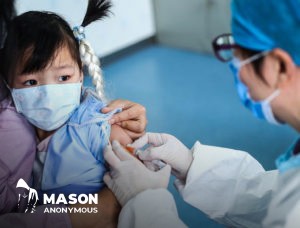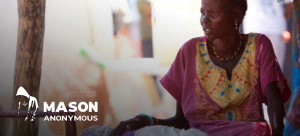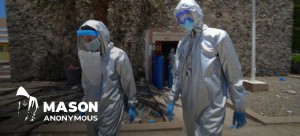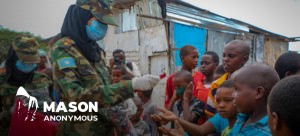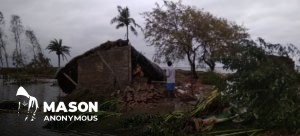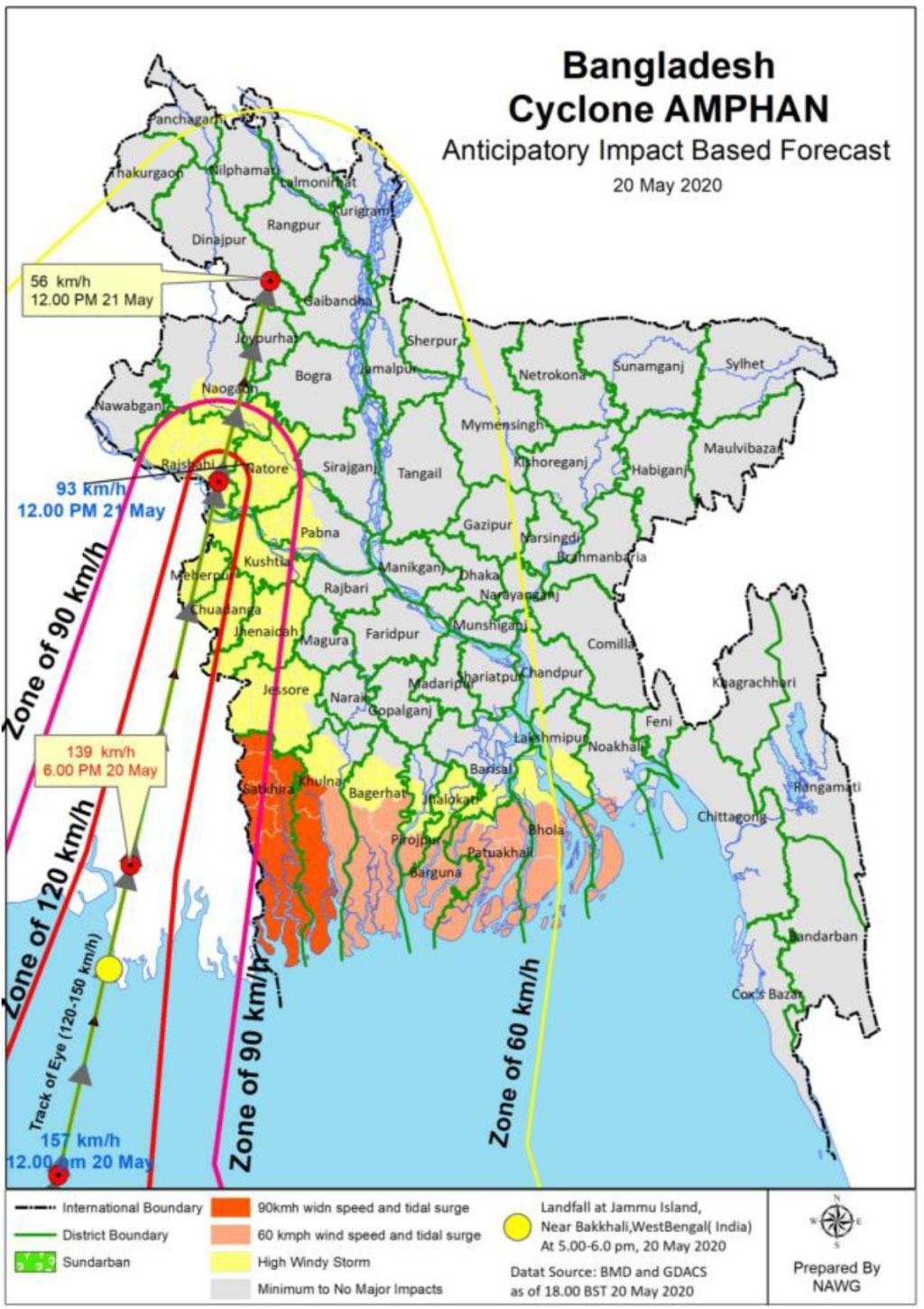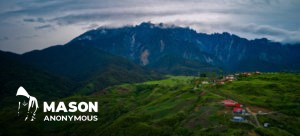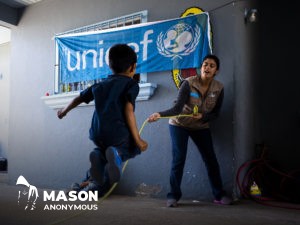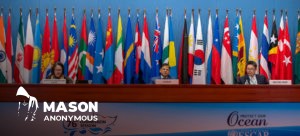In a video message for the day, UN Secretary-General António Guterres focused on the symbiotic relationship between humans and all other life on Earth, stressing that preserving and sustainably managing biodiversity is necessary for mitigating climate disruption, guaranteeing water and food access, and even preventing pandemics.
“COVID-19 – which emanated from the wild – has shown how human health is intimately connected with our relationship to the natural world. As we encroach on nature and deplete vital habitats, increasing numbers of species are at risk. That includes humanity and the future we want”, he said.
“As we seek to build back better from the current crisis, let us work together to preserve biodiversity so we can achieve our Sustainable Development Goals. That is how we will protect health and well-being for generations to come.”
Fragile way of life threatened
The Sustainable Development Goals, or SDGs, provide a blueprint for global peace and prosperity by a deadline of 2030. They show why tackling global challenges such as poverty and inequality must be done in tandem with addressing climate change and preserving the natural environment.
For the UN General Assembly president, the COVID-19 pandemic has amplified “the fragility of our way of life, our health systems and our global economy”, thus heightening inequalities and threatening the world’s most vulnerable communities.
Tijjani Muhammad-Bande insisted that these issues are interconnected. He said hunger was already on the rise before the crisis, with more than 820 million worldwide not getting enough to eat. Food security was also being undercut by biodiversity loss, desertification and climate-related shocks, while one million animal and plant species are facing extinction.
Nature has the solution
With the pandemic as a backdrop, the International Day for Biological Diversity is being commemorated under the theme ‘Our solutions are in nature’.
“Nature-based solutions have the capacity to protect, sustainably manage and restore both natural and modified ecosystems”, said Mr. Muhammad-Bande. “They can address the challenges posed by climate change, natural disasters, and food and water security.”
Still time for action
The General Assembly president stressed that there is still time to reverse biodiversity loss, but action must be taken now. He described the UN Summit on Biodiversity, due to take place for now in September, as “the key moment” to build political momentum.
In the interim, the UN’s educational and scientific organization, UNESCO, has been identifying solutions to ward against further species loss.
Coronavirus Portal & News Updates
Readers can find information and guidance on the outbreak of the novel coronavirus (2019-nCoV) from the UN, World Health Organization and UN agencies here. For daily news updates from UN News, click here.
The agency is hosting a virtual meeting on Friday to share knowledge that has been developed across the world, including through its various networks and indigenous communities.
“This disappearance threatens us directly: the living fabric that is biodiversity is not foreign to us; our food, health and well-being depend upon it”, said UNESCO Director-General Audrey Azoulay.
“The pandemic must therefore compel us to think within this web of interdependence and to intensify mobilization, so that we turn away from the destructive trajectory we are on.”

